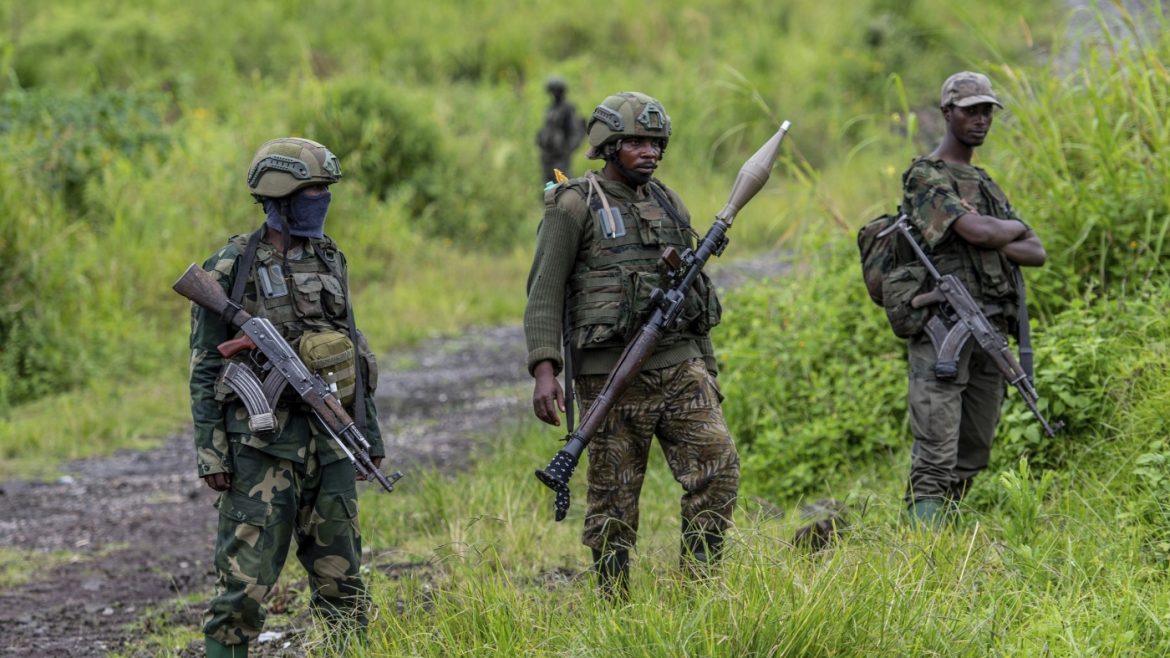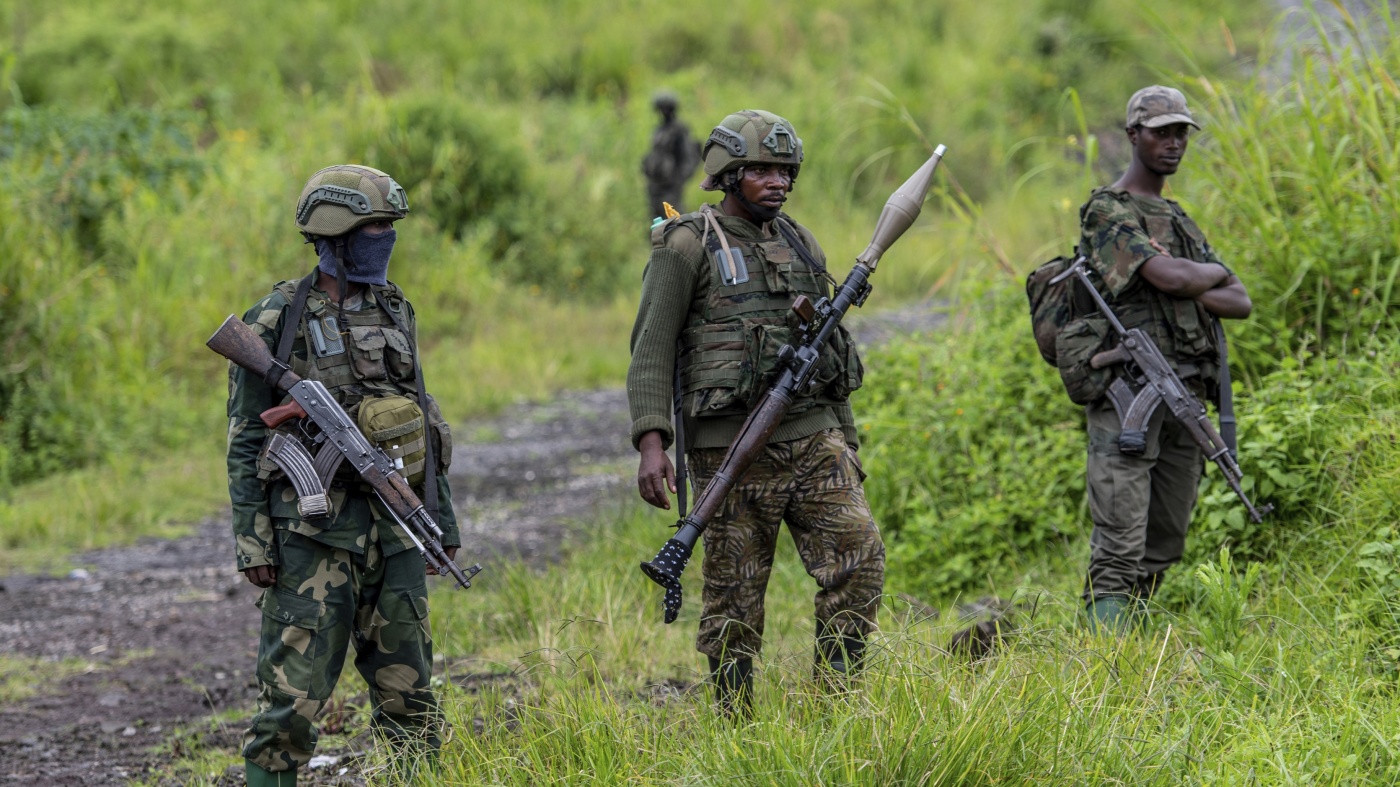The Fragile Path to Peace: Analyzing the Ceasefire Declaration in Eastern Congo
Introduction: A Glimmer of Hope Amidst Chaos
Eastern Congo, a region teeming with natural resources yet ravaged by relentless conflict, has witnessed yet another pivotal moment in its tumultuous history. The recent signing of a declaration of principles in Qatar between the Democratic Republic of Congo (DRC), Rwanda, and the M23 rebels has ignited cautious optimism. This agreement, aimed at establishing a permanent ceasefire, stands as a potential turning point in the decades-long struggle for peace. However, beneath the surface of this diplomatic breakthrough lies a complex web of challenges that demand a meticulous examination.
A Tapestry of Conflict: Unraveling the Historical Layers
The conflict in eastern Congo is not a standalone event but a culmination of deep-seated ethnic tensions, political rivalries, and economic exploitation that have festered for generations. The legacy of colonialism, the aftermath of the Rwandan genocide, and the relentless scramble for Congo’s mineral wealth have all contributed to the region’s instability.
The M23: A Rebel Group with Complex Motivations
The M23, or “March 23 Movement,” is one of many armed groups operating in the region. Primarily composed of Congolese Tutsi, the group claims to defend its community’s interests against perceived marginalization and discrimination. However, the M23’s track record is marred by allegations of human rights abuses, including killings, rapes, and the recruitment of child soldiers. The group’s origins trace back to the National Congress for the Defense of the People (CNDP), which integrated into the Congolese army in 2009 but later resurfaced as the M23 in 2012.
Rwanda’s Contentious Role: A Web of Allegations and Denials
Rwanda’s involvement in the conflict is a particularly contentious issue. The DRC government, along with the United Nations and several Western powers, have accused Rwanda of supporting the M23, providing them with troops, weapons, and logistical support. Rwanda has consistently denied these allegations, citing its own security concerns, particularly the presence of Rwandan Hutu rebels in eastern Congo. The evidence, however, suggests a more nuanced relationship, with Rwanda’s interests intertwined with the M23’s operations.
Qatar’s Diplomatic Endeavor: A New Approach to Peace
The signing of the declaration of principles in Qatar marks a significant departure from traditional Western-led peace initiatives. Qatar’s mediation represents an African-led approach, potentially offering a more culturally sensitive and contextually relevant framework for negotiations. The declaration reportedly builds on a previous peace deal signed between Congo and Rwanda on June 27th, marking the first direct commitment by both sides since the rebels seized two key cities in eastern Congo.
Key Highlights of the Declaration
The agreement outlines several key commitments:
Principles vs. Reality: The Challenges Ahead
While the declaration of principles is a positive development, it is crucial to recognize that it is merely the first step in a long and arduous journey. The success of the agreement hinges on several factors, including the willingness of all parties to implement the commitments outlined, the ability to address the root causes of the conflict, and the effectiveness of monitoring and enforcement mechanisms.
Ensuring the Ceasefire: A Fragile Truce
One of the most significant challenges will be ensuring that the ceasefire is respected on the ground. Previous ceasefire agreements have been repeatedly violated, and there is no guarantee that this one will be any different. The presence of numerous armed groups, porous borders, and the lack of effective state control in eastern Congo all contribute to the difficulty of maintaining peace.
Addressing Root Causes: A Complex Endeavor
Another critical issue is the need to address the underlying grievances that fuel the conflict. This includes:
– Land Ownership: Resolving disputes over land ownership and resource allocation.
– Political Representation: Ensuring equitable political representation for all ethnic groups.
– Economic Opportunity: Creating economic opportunities to reduce poverty and inequality.
Without addressing these issues, any peace agreement is likely to be fragile and unsustainable.
The Path Forward: Navigating Challenges and Seizing Opportunities
The declaration of principles presents both challenges and opportunities. The key to success will be to build on this momentum and create a sustainable peace process.
Challenges to Overcome
Opportunities to Embrace
A Cautious Conclusion: Hope and Vigilance
The signing of the declaration of principles is a welcome development, but it is not a guarantee of peace. The road ahead will be long and difficult, requiring sustained commitment, political will, and international support.
Eastern Congo has suffered immensely, and its people deserve a chance to live in peace and security. The declaration of principles offers a glimmer of hope, but it is up to all parties involved to seize this opportunity and work towards a lasting and sustainable peace. Only time will tell if this declaration will be the turning point that finally brings an end to the decades of conflict in eastern Congo, or if it will simply be another false start in a region accustomed to dashed hopes. The world must remain vigilant, offering unwavering support to the peace process, and holding all actors accountable for their commitments. The future of eastern Congo depends on it.


